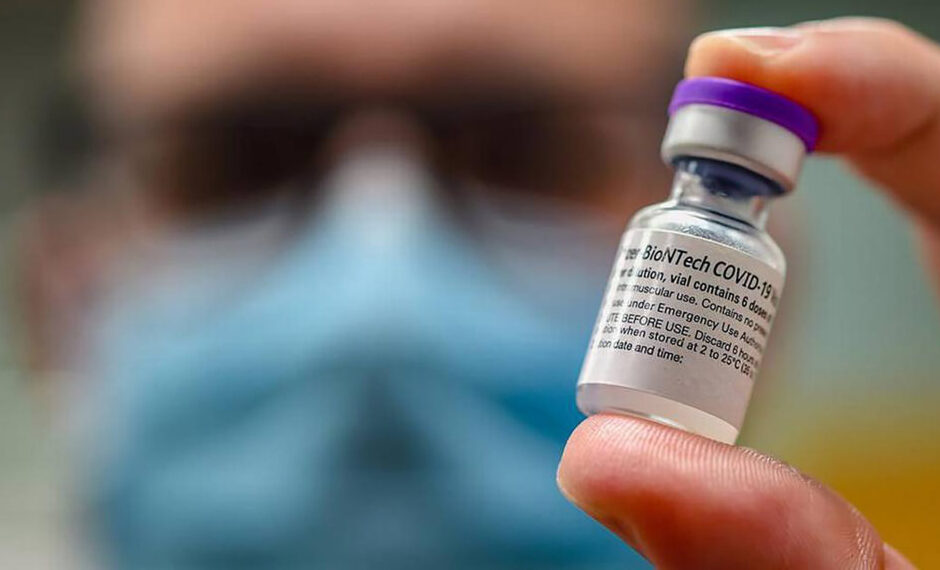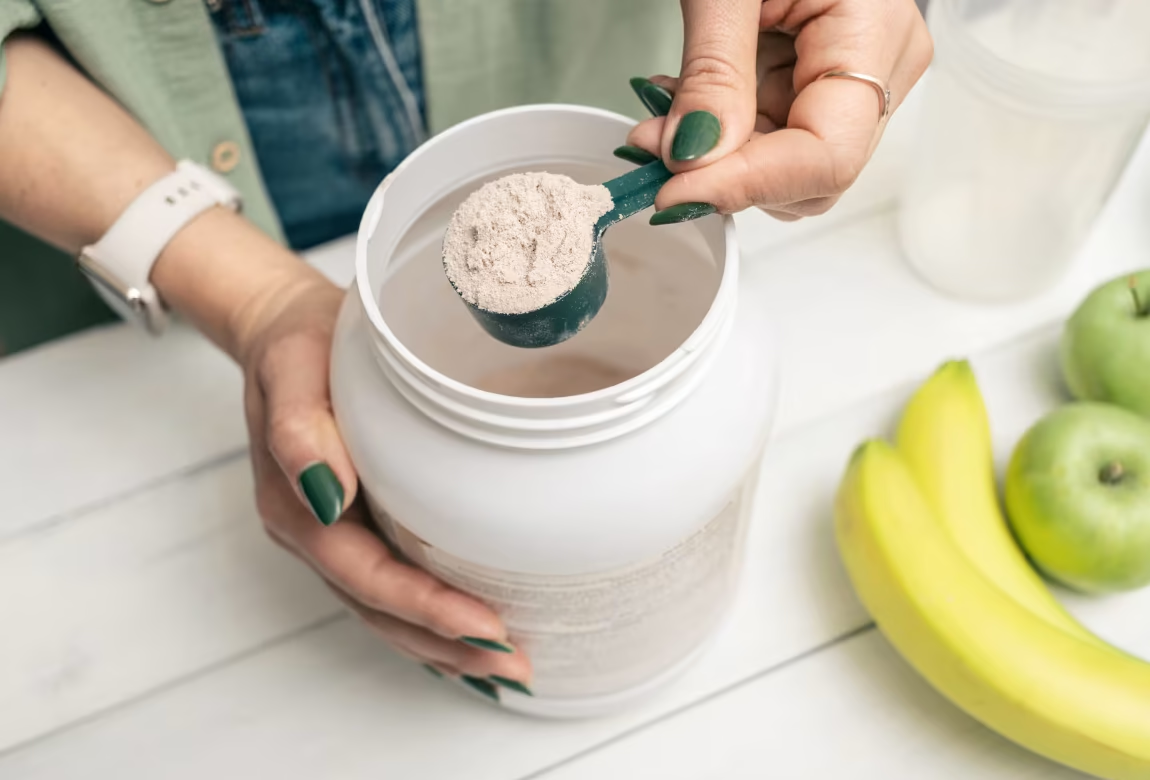The Food and Drug Administration has signed off on the newest round of COVID-19 vaccines, but with a big change: only people at higher risk for serious illness will be eligible.
The updated vaccines, cleared on Wednesday, will now be limited to adults 65 and older and people with health conditions that make them more vulnerable. Until now, the shots were available to nearly everyone 6 months and older, regardless of health.
That shift means healthy kids and younger adults may not be able to get a shot ahead of what experts expect will be another winter COVID surge. The move is already stirring confusion and unease, reminding some of the scramble for vaccines in the early days of the pandemic.
“I’m feeling a little déjà vu,” said Clare Hannan, executive director of the Association of Immunization Managers. “There’s a lot of anxiety about being able to get the vaccine.”
The CDC is expected to issue its own recommendations soon. But the agency has already dropped its earlier advice for healthy kids and pregnant women to routinely get vaccinated a change many doctors call troubling.
Why the FDA Changed Course
Federal officials argue that widespread immunity makes universal vaccination less necessary. They’ve also questioned the safety and effectiveness of the shots concerns dismissed by most scientists and contradicted by years of research.
“This framework delivers science, safety, and common sense,” Health and Human Services Secretary Robert F. Kennedy Jr. said on X.
The FDA approved three vaccines: Moderna’s mRNA shot for ages 6 months and up, Pfizer-BioNTech’s mRNA shot for ages 5 and up, and Novavax’s protein-based vaccine for ages 12 and older. Emergency use authorizations, which fast-tracked vaccines during the pandemic, have been revoked.
Some welcomed the shift. “It’s a welcome but overdue end to a policy,” said David Gortler, a senior research fellow at the Heritage Foundation. He questioned why emergency authorizations lasted long after the official COVID emergency ended in May 2023.
But critics say the restrictions could leave millions unprotected. “This puts the entire American population at risk,” said Dr. Tina Tan, president of the Infectious Disease Society of America. “People who want the vaccine won’t be able to get it, and we’re going to see more hospitalizations and deaths.”
Vaccine Access Could Shrink
The restrictions could affect insurance coverage, doctor availability, and whether pharmacies stock the vaccines. “This is a disaster waiting to happen,” warned Michael Osterholm, director of the Center for Infectious Disease Research and Policy at the University of Minnesota.
Kennedy, a longtime critic of vaccines, has already rolled back federal support for new vaccine research, replaced advisory committees with skeptics, and threatened legal protections for vaccine makers.
The new vaccines target the LP.8.1 omicron subvariant. People with conditions such as asthma, diabetes, high blood pressure, or weakened immune systems will still qualify. But experts warn that the rules could block healthy young adults, parents, and pregnant women who still want the shots.
Doctors Push Back
Major medical groups, including the American Academy of Pediatrics and the American College of Obstetricians and Gynecologists, continue to recommend vaccination for all pregnant women and very young children. Newborns are especially vulnerable, experts say, and the best way to protect them is by vaccinating mothers during pregnancy.
“It’s heartbreaking,” said Dr. Lakshmi Panagiotakopoulos, a former CDC vaccine expert. “I honestly believe this will do harm to the American public.”
Adding to the confusion, both the FDA and CDC still list pregnancy as a risk factor, even though the CDC no longer recommends vaccination for healthy pregnant women.
Insurance companies say they’ll likely keep covering the shots, but it’s unclear how consistently. Without coverage, the vaccines can cost $200 or more. And in many states, pharmacists are legally bound to follow CDC recommendations, which may restrict access further.
A Public Health Gamble
Most Americans have stopped keeping up with boosters, but millions of healthy adults and parents still want the option. Some worry about long COVID, others about spreading the virus to vulnerable relatives.
“Healthy young adults should have the freedom to talk with their doctors and make that choice,” said Dr. Jesse Goodman, a former FDA official.
But barriers could make that impossible for many. Off-label prescriptions are uncertain, doctors may hesitate, and pharmacies may refuse. Confusion could keep people away altogether.
“When people are confused, they don’t act,” said Dr. Kelly Moore, president of Immunize.org. “My concern is a lot of people who would benefit from vaccination won’t get it because they’re just not sure what to do.”
The policy shift comes as the U.S. is already in another COVID wave, with children filling ERs and more than 100 Americans dying each week.






